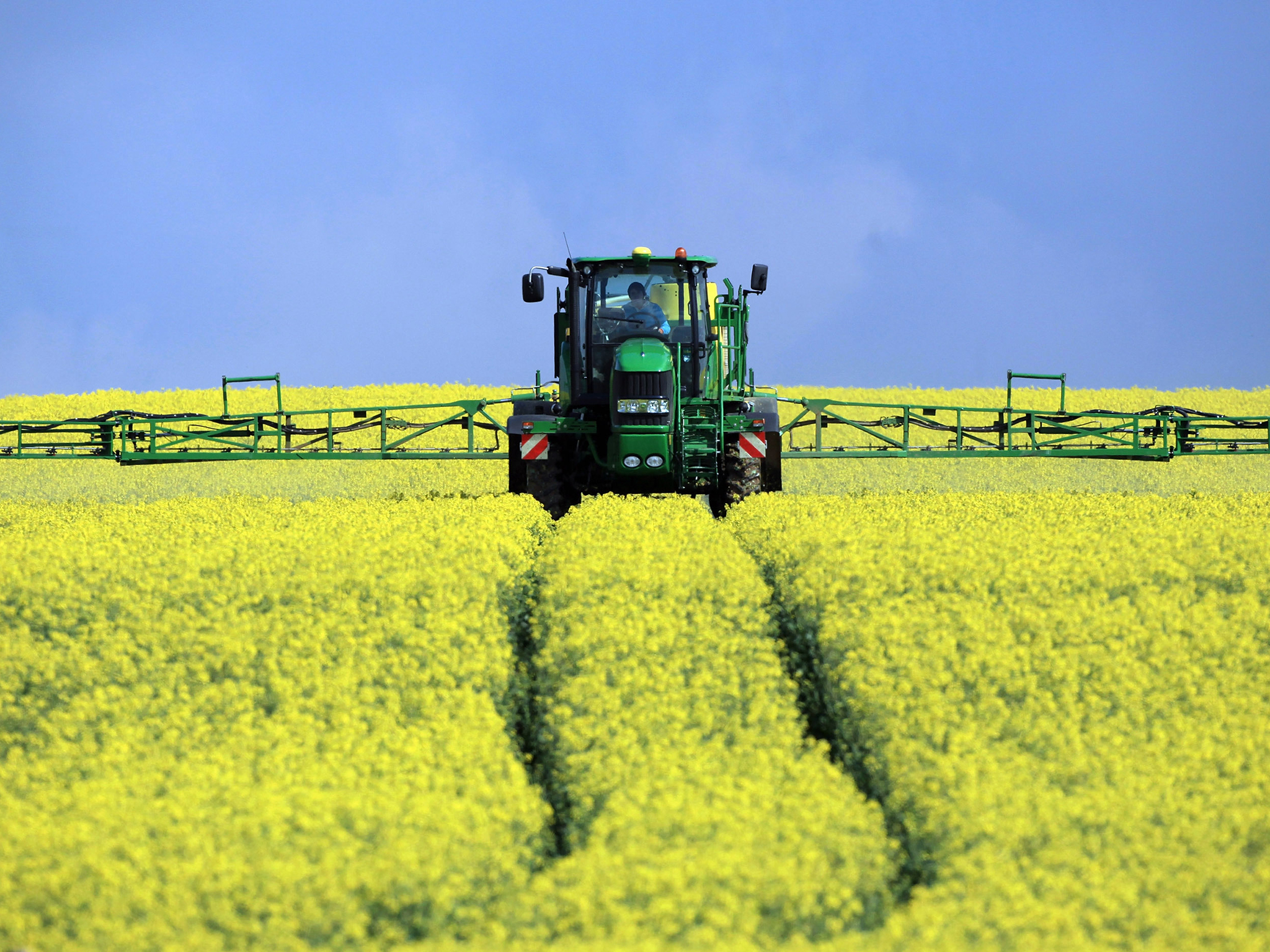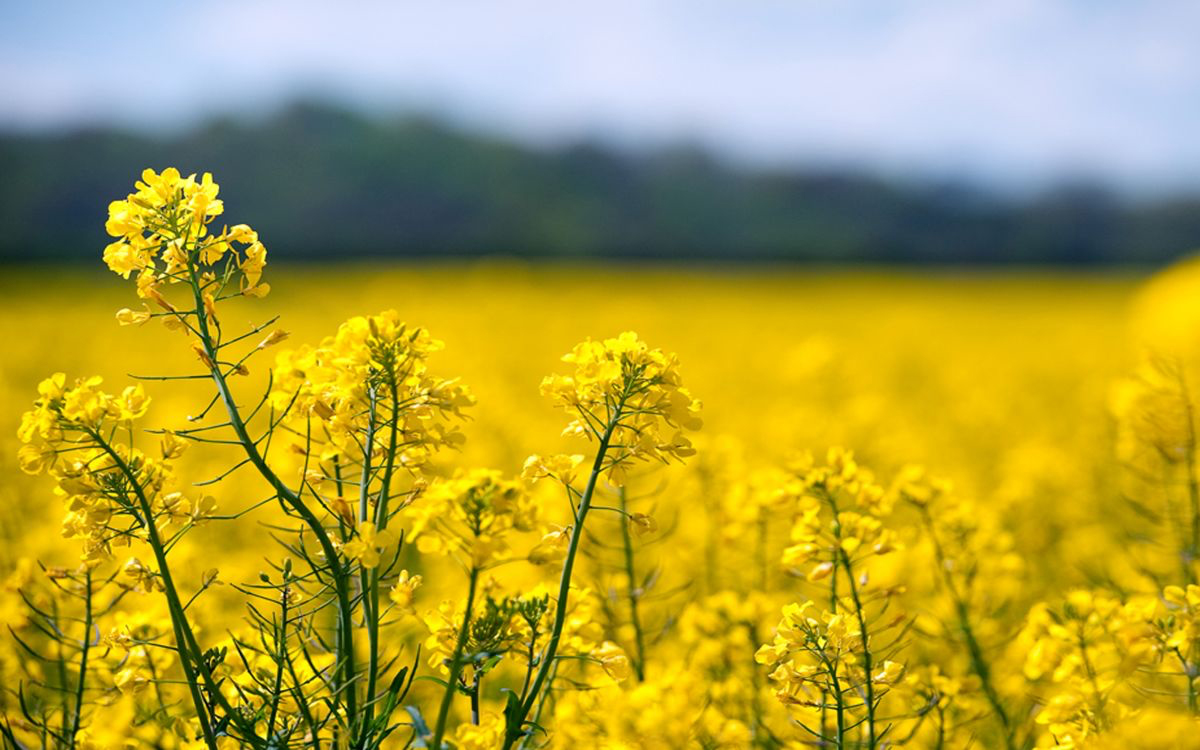
The National Farmers Union has called upon industry bodies to discuss how access to the right inputs is vital for the future of oilseed rape.
The oilseed rape harvest in 2017 could fall to its lowest level in 13 years, according to new figures, and is an important crop for many arable farmers.
Organisations from across the industry are meeting at NFU headquarters in Stoneleigh, Warwickshire tomorrow [15 November] to discuss how working together can help to resolve growing issues with oilseed rape. These issues include insect control without access to neonicotinoid seed treatment and a continuing decline in farmers planting the crop.

New figures from AHDB show that the net oilseed rape area for harvest 2017 could be the lowest for 13 years with only 557 Kha predicted. This would mark the fifth year that the planted area for oilseed rape has fallen.
Discussions will include Rothamsted Research speaking on cabbage stem flea beetle resistance, AHDB Cereals on its work in developing integrated crop management techniques with oilseed rape and plant breeders on improving the performance of oilseed rape and its economic sustainability.
NFU advisers will be speaking on the emergency use applications in 2015 and 2016, as well as what might be necessary to help improve the success rate of applications.
NFU combinable crops board chairman Mike Hambly said: “It is vital for the industry to work together to tackle the growing problems that oilseed rape presents to farmers and to the supply chain.
“As we move to a year where it looks like the area of oilseed rape will decline for a fifth year in a row, it is abundantly clear that there is a lack of confidence among farmers to plant the crop and that is something that we need to address.
“Oilseed rape can be an important crop for the sector and it has good demand. There are clearly difficulties with the crop and coming together as an industry we can agree on a proactive plan to move forward and tackle this issue head-on.”
